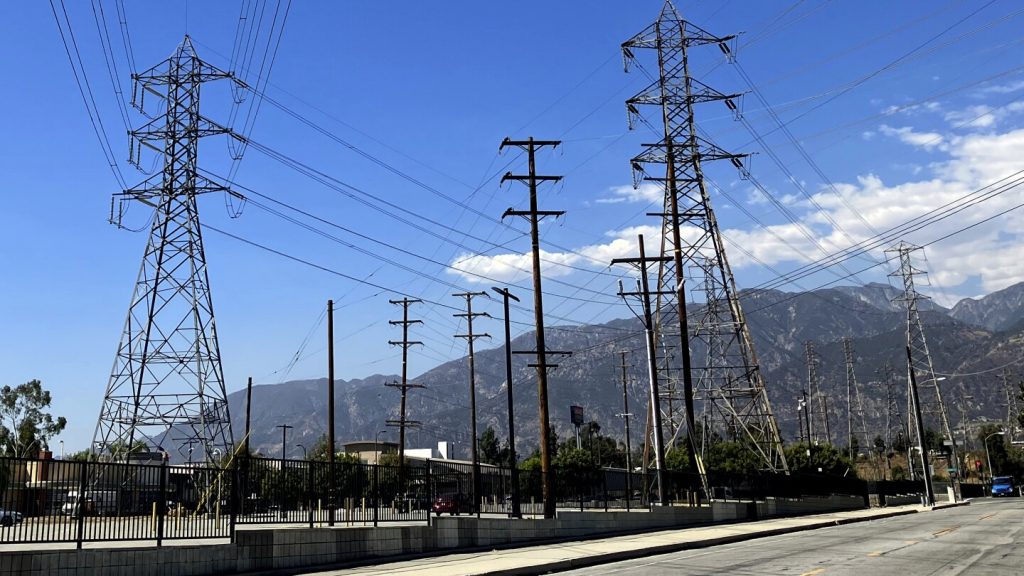State regulators in California have unveiled a proposal to change the way electricity bills are calculated in an effort to provide relief to customers facing high bills during extreme heat waves. The proposal includes a fixed charge of $24.15 per month for most customers, with lower charges for those enrolled in low-income assistance programs or living in affordable housing. To offset the new charge, rates for using power would decrease during peak hours, saving the average customer in Fresno about $33 during the summer months.
Customers who own electric cars and have fully electrified their homes could see savings of $25 and $19 per month, respectively, while other customers may see an increase in their bills. The proposal is part of an effort to incentivize electrification and clean vehicles while providing relief to customers who use a lot of electricity during hot weather. California is one of the only states that does not currently have a fixed charge for its largest utilities, and the state Legislature ordered regulators to implement one by July 1 of this year.
The prospect of a new fixed charge has sparked backlash from some lawmakers who believe it could raise rates for customers. A group of Democrats in the state Legislature introduced legislation to cap the charge at $10 for most people and $5 for low-income individuals. Some members of Congress also sent a letter urging regulators to keep the fixed rate low, arguing that high fixed charges could lead to further rate increases by utilities. However, the Predictable Power Coalition, which includes the state’s big three utilities, supports the proposal, calling the fixed rate “vital” and a step in the right direction.
Consumer advocates, including The Utility Reform Network and the California Public Advocates Office, also support the proposal, believing it will make utility bills more affordable for customers. However, concerns have been raised by the solar industry about potential energy conservation issues if electricity rates are cheaper during peak hours. Regulators have assured that the big three utilities will still charge more for power during peak hours, but the fixed charge will ensure the increase is distributed more evenly among customers. If approved, the new rule would take effect in 2025, with customers seeing the charge later that year or in early 2026.


